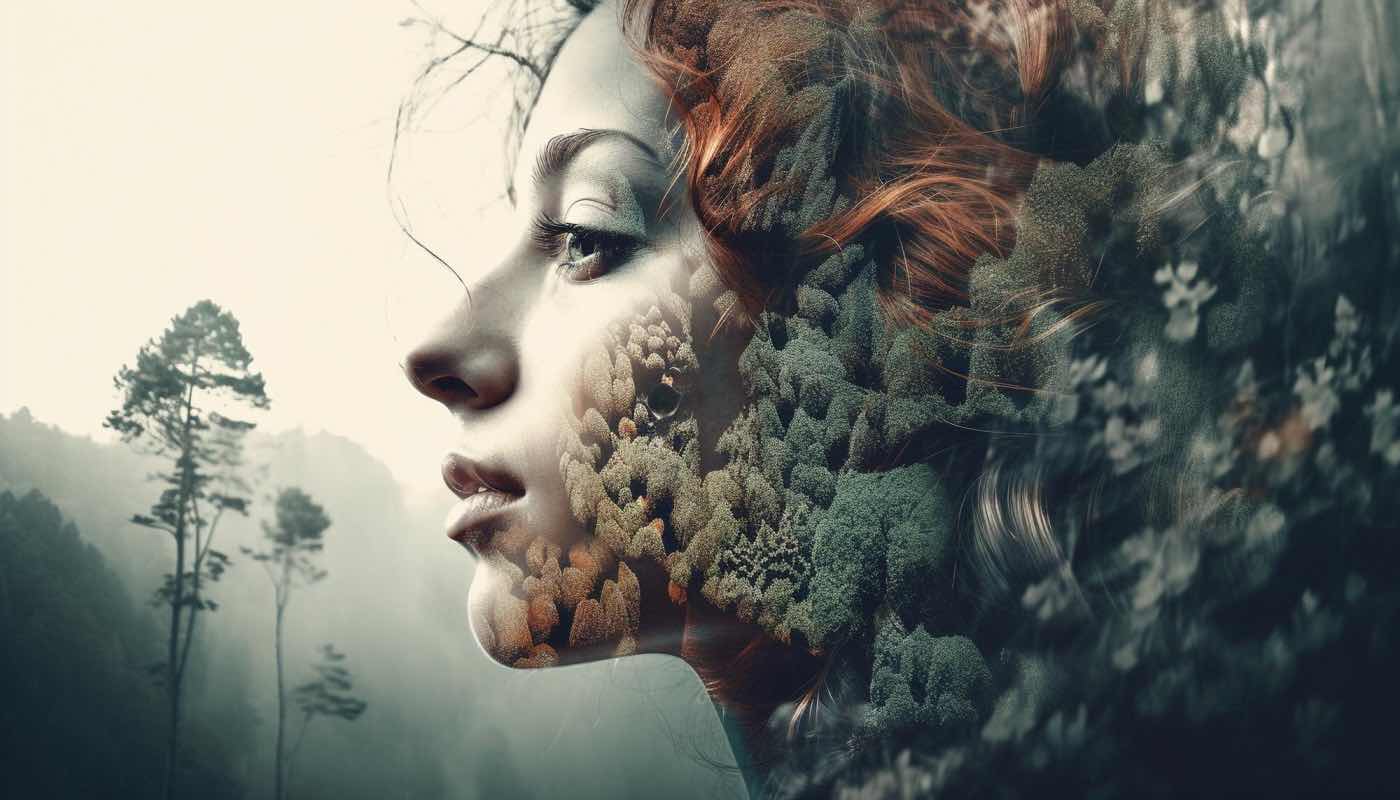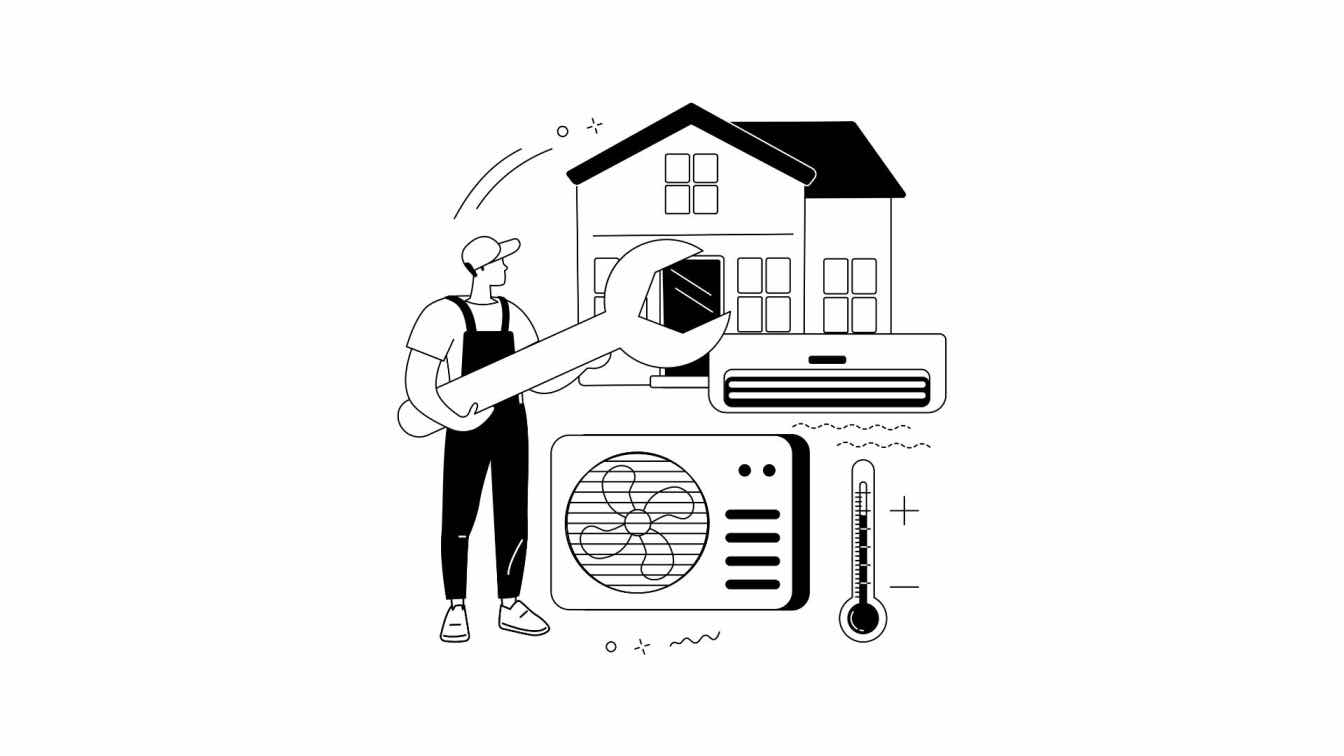To say that artificial intelligence has penetrated all spheres of human activity is like saying that after Monday comes Tuesday. It is not a secret, not news, and not a sensation. However, the daily boundaries of using this AI cause more and more questions. Now, artificial intelligence is used to create music, concept images, poems, and even movie scripts.
Artificial Intelligence has become something like an online essay writing service, where people turn for help writing study papers. Unlike essay writing services, artificial intelligence has become a crutch for any endeavor. No one has any questions about its use in engineering, medicine, and math. Computer programs have long shown amazing abilities to calculate, predict, and analyze huge amounts of information. This is where artificial intelligence really helps. But what about creativity? Does it matter whether a person enjoys the work created by a machine or whether it is still unethical? The answer to this philosophical question seems to be given not soon. For now, using software assistants in creative spheres raises concerns and protests.
Authorship Issues
When using Artificial Intelligence, the question of authorship of a work arises. For example, an artist creates a great picture with the help of a program and signs it with his name. People enjoy the painting, but does the person have the right to consider himself the author?
Artificial intelligence does not invent anything new. The program takes references from thousands and hundreds of thousands of images of paintings in the public domain on the Internet and, based on them, creates a new work at the author's request. Is this a copyright violation or not? Those who use artificial intelligence to paint objects. They argue that any living artist draws inspiration from the work of other authors in the same way, so there should be no question of plagiarism. They compare this to the work of student help services that are presented in essayusa review. A person asks for help to write an essay, but afterward, he edits it, makes revisions, adjusts it to his style, and so on. Opponents object and argue that an artist or a text writer spends half a lifetime learning to work in their unique style while an AI does it in seconds, and that's wrong.
Protests Against the Use of AI in Creativity
Using AI in creativity can raise questions about the authenticity of works. For example, paintings created by AI may resemble the work of famous artists, creating a risk of confusion. The use of Artificial Intelligence in creativity has already reached the level that Artificial Intelligence itself was considered the author. Last year, Marat Guelman's Berlin gallery opened the exhibition "Exactly Lab: Artists Embracing New AI," where all the paintings were created with the help of artificial intelligence. A few years earlier, scripted by artificial intelligence, the short film It's No Game won third place at the prestigious Sci-Fi London festival.
In music, the situation is similar. Artificial intelligence creates melodies, edits the voices of artists, calculates the track's success, and much more. In April 2024, Billy Ailish, Imagine Dragons, and 200 other artists wrote an open letter calling for an end to the "predatory" use of artificial intelligence in the music industry, accusing it of violating and devaluing artists' rights. The reason for this was a viral video on YouTube. It was sort of like a song collaboration between The Weeknd and Drake called "Heart on My Sleeve." The thing is, neither Drake nor The Weeknd had anything to do with the song. AI did all the musical and vocal work.
The artists who signed the letter demanded strict restrictions on the use of AI in the music industry and asked to protect their copyrights to the voice and style of music.
Transparency and Accountability for the Use of AI in Creativity
Currently, no mechanisms are in place to restrict the use of AI in creativity, particularly in music. An author can easily create a track using stars' voices, upload it to all open platforms, and benefit from its popularity.
If the voice owner wants to punish the person, each case must be dealt with separately. No law, mechanism, restrictions, or even warnings exist. Considering that many countries check the practice of using Artificial Intelligence in courts, we may come to an unprecedented precedent where another AI will evaluate the legality of the work created by artificial intelligence.
In any case, we are still at the stage where a person presses the button, and he should, in theory, bear the responsibility for excessive and unethical use of the program's capabilities. But again, the copyright law has not yet been rewritten to meet the new challenges. Therefore, each court case can have unpredictable results.
The Future of AI in Creativity
The development of ethical approaches to using AI in creativity is ongoing. This includes developing standards for specifying the role of AI in the creative process, establishing copyright protection mechanisms, and developing systems that avoid bias.
Artificial intelligence will continue to be used in creativity in the future. There is no doubt about that now. But what this use will be is not quite clear yet. Perhaps the world will go down the path of chaos, and courts will be flooded with lawsuits for copyright infringement. Perhaps artificial intelligence will be given a separate genre, and authors will be obliged to make an inscription like on cigarette packs: "AI wrote the script for this movie."
These are just a few possible variants. It is not excluded that exclusively human creativity will survive, and artificial intelligence will replace an advisor or analyst in these spheres. There are more questions than answers right now. We are in the center of a raging hurricane of evolving and self-learning neural networks, and it is impossible to say where our cooperation will lead.





